Keywords: Diversity
There are more than 200 results, only the first 200 are displayed here.
-
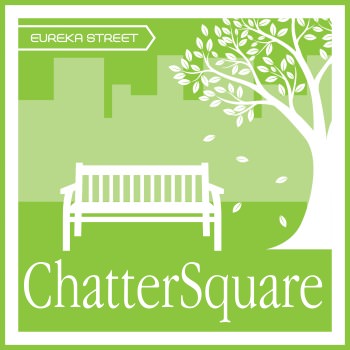
PODCAST
Cardinal Luis Antonio Tagle is the Archbishop of Manila and president of Caritas International. He is associated with Pope Francis in terms of pastoral sensibility. In this episode of ChatterSquare, he tackles some of the uneasy questions of our time. What does leadership look like in polarised and violent places? How do we hold together diversity within the Catholic Church? How can religious wisdom be brought to bear on public life without crossing the line between church and state?
READ MORE
-

RELIGION
- Frank Brennan
- 03 July 2017
There is no point in proceeding with a referendum on a question which fails to win the approval of you, the First Australians. Neither is there any point in proceeding with a referendum which is unlikely to win the approval of the overwhelming majority of the voting public, regardless of when they or their ancestors first arrived in Australia. Given that you Indigenous Australians have spoken strongly through your representatives at Uluru in support of a First Nations Voice, it is now for the Referendum Council to recommend to government a timetable for constitutional change with maximum prospects of a 'Yes' vote.
READ MORE
-
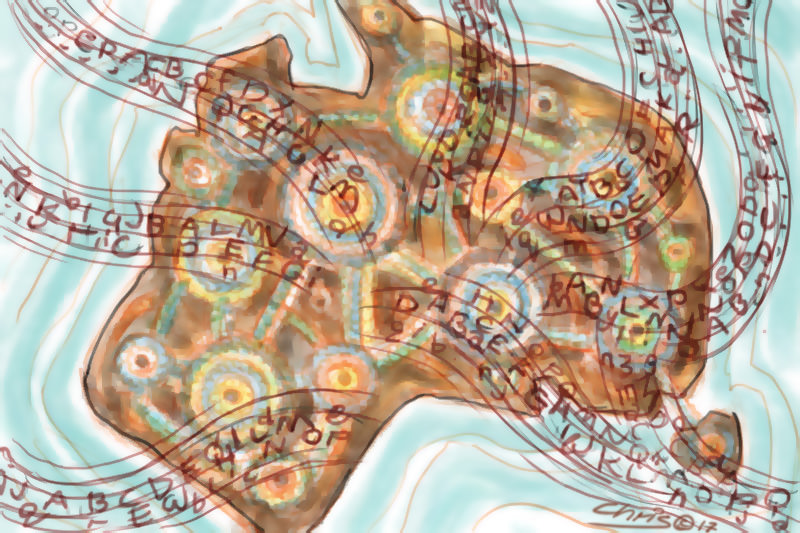
AUSTRALIA
- Andrew Hamilton
- 30 June 2017
11 Comments
The theme of the week is 'Our Languages matter'. It lies at the heart of the Uluru statement. It also poses questions about the way in which we conceive our identity as a nation. In Australia we communicate in many languages. English is the language of business and public life, but many other languages, both Indigenous and introduced, are the primary languages of groups of Australians. Language is much more than a means of communication. It is an emblem of our tribe. It shapes how we interact.
READ MORE 
-
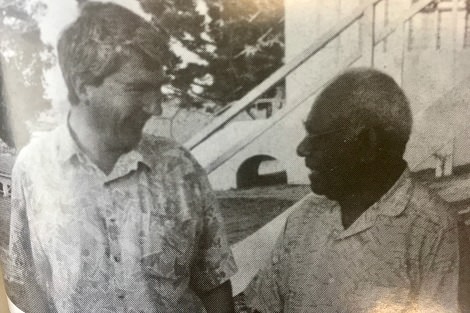
AUSTRALIA
- Frank Brennan
- 26 June 2017
7 Comments
Anglican priest, traditional landowner and land rights campaigner David Passi has died. He was the last surviving plaintiff in the historic Mabo decision. A year after the Mabo decision I travelled to the Torres Strait and met James Rice and Passi, the two successful litigants in the case. Returning by boat to the mainland from the island of Mer in the Murray Islands, the waters of the Torres Strait were exceedingly calm.
READ MORE 
-

RELIGION
- Frank Brennan
- 26 June 2017
6 Comments
Here in Ballarat, you know better than most other Catholics that respectful relationships in the church community have been rent asunder by the depredations of child sex offenders whose exploits went unchecked by those ordained to exercise tradition, authority, teaching and discipline. We will strengthen respectful relationships only with a voluntary commitment to truth, justice and healing — and not one forced by a royal commission or public odour.
READ MORE
-
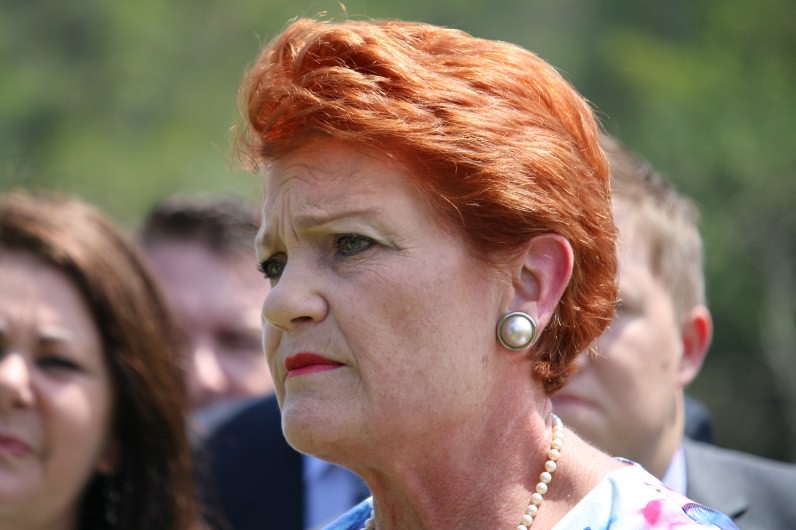
EDUCATION
- Madeleine Hamilton
- 22 June 2017
19 Comments
The mood was subdued at the gates of our small Catholic primary school at 3:30pm on Wednesday. Ten per cent of our school's students have an autism diagnosis, and for their parents who had read Pauline Hanson's comments to the Senate that afternoon, those familiar feelings - dismay at the ignorance and lack of empathy of some people, worry for the future, and defiant pride in their diverse children - had been activated yet again.
READ MORE 
-

AUSTRALIA
- Frank Brennan
- 13 June 2017
1 Comment
This evening, we come together deliberately as people of diverse faiths and none, affirming the blessing of life in an inclusive country where all world views are to be respected. We are able to affirm that our spiritual lives sustain and strengthen our public lives and the vitality of the polis. Our Muslim hosts show us how to give thanks reverently for all the blessings of life, and how to attest publicly the spiritual dimension of all human life. Those of us who are migrants or descendants of migrants need to be particularly attentive to the yearnings and aspirations of those Australians who rightly claim an indigenous heritage with ancestors who have thrived on this continent for up to 60,000 years.
READ MORE
-
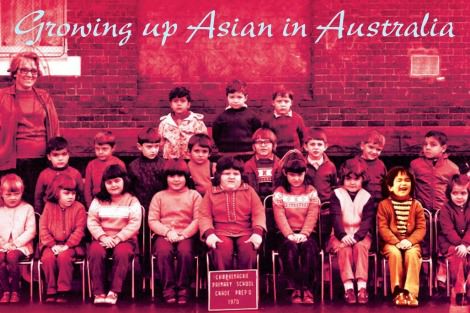
AUSTRALIA
I was told in grade nine I shouldn't bother trying out for the lead of our school play, The Wizard of Oz, because there's no way Dorothy would be Asian. Though I had no intention of trying out for the play, the fact that she told me not to bother made me arc up. The reason she gave - my incongruous Asianness - made me feel angry and ashamed. Angry because it was stupid and unfair. Ashamed because it felt somehow like it was my fault for not being white enough.
READ MORE 
-
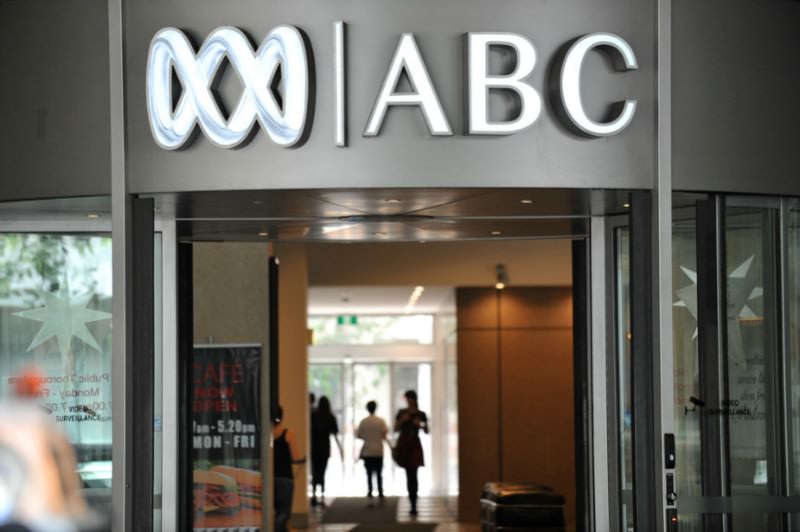
MEDIA
- Rohan Salmond
- 01 June 2017
28 Comments
Reports that the ABC will no longer require the head of the religion unit to be a religion specialist are more than a little surprising. The ABC has a commitment in its charter to 'reflect the cultural diversity of the Australian community'. Without religion reporting from people with specialist journalistic backgrounds, the ABC jeopardises its ability to fulfil its ongoing functions and responsibilities. Like it or not, religion still plays a huge part in public life in Australia, which affects the lives of everyone.
READ MORE 
-
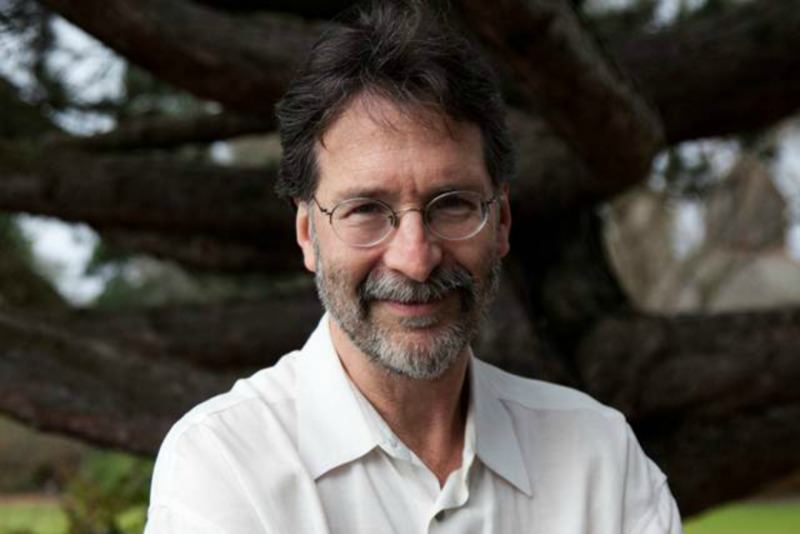
ARTS AND CULTURE
Brian Doyle was the editor of Portland Magazine at the University of Portland, the author most recently of the essay collection Grace Notes, and a long time contributor to Eureka Street. Brian died early Saturday morning 27 May 2017 following complications related to a cancerous brain tumour, at the age of 60. Here we present a collection of some of Brian's best pieces from the past 12 years.
READ MORE 
-
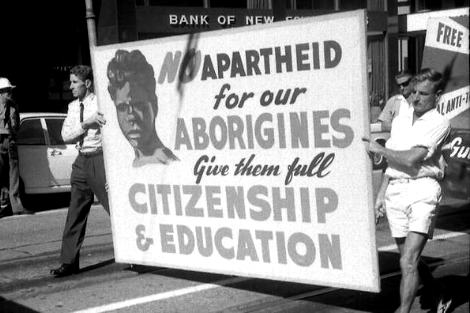
AUSTRALIA
An interesting aspect was the shift in the mindset and understanding among non-indigenous Australians regarding Aboriginal rights. To note the way in which one dominating western culture moved toward recognising the rights of another culture that was oppressed by it is quite remarkable. We should consider those aspects of the mentality shift (from both cultures and their understanding of what the 1967 referendum meant) if we are ever to revisit that type of federal movement again.
READ MORE 
-

AUSTRALIA
Whether to have targets or quotas is a hard question to answer. Quotas have been employed by several European countries to great effect. But in Australia companies are encouraged to set themselves targets, which are optional. Businesses are moving towards targets at a glacial pace, with women in senior executive roles increasing by 2 per cent per annum since 2012. As long as it is up to businesses to create a diverse workplace, they need to put in the effort.
READ MORE 